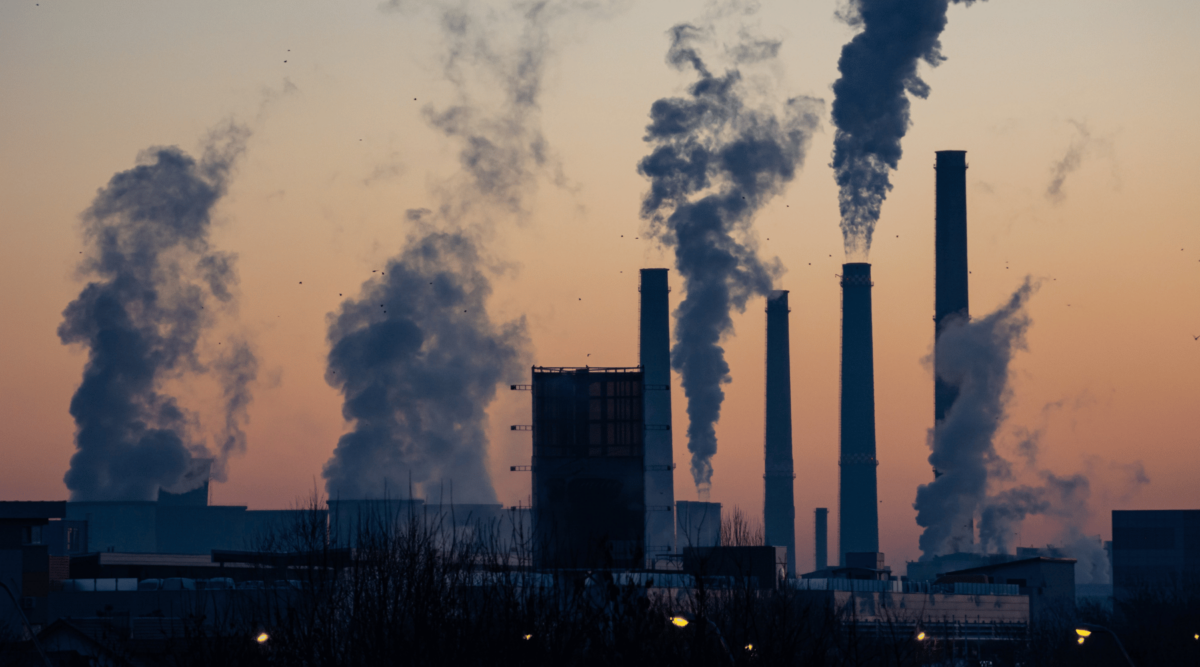When one person has more money than entire nations and 81 billionaires have more wealth than 50 per cent of the human population, there’s something wrong with the system. How can we possibly sustain a global economy that rewards rampant consumerism, waste, profit for its own sake and disregard for the natural processes that keep us alive and well?
Colonial powers have always thought of themselves as “superior” to the Indigenous Peoples they encountered and subjugated. But in a short 200 years, the colonialist perspective that disregards the interconnected natural world has wreaked havoc on everything from waterways and forests to ocean currents and the carbon cycle. A world view that places humans at the pinnacle of existence sees only resources to be exploited rather than an intricately interconnected, life-sustaining web.
At the nexus of all that’s wrong with the human experiment is the fossil fuel industry: gas, oil and coal. The mutually beneficial automobile and fossil fuel industries, with help from politicians, built their fortunes according to the rules of industrial capitalism. To create a money-making market thirsty for the plentiful oil gushing out of wells from Texas to Turner Valley, the burgeoning automobile industry supplied large, gas-guzzling vehicles, and governments facilitated a booming car culture.
As urban streetcar tracks were torn up and transit funding reduced, driving became a way of life, a road to “freedom” — in North America, especially. Burning these powerful, ancient fuels made life easier in many ways, and opened up opportunities to explore, for those who could afford it.
Wars are also good for automobile and oil companies, requiring lots of “expendable” vehicles and fuel. But when they end, economies require other forms of stimuli. Consumer society existed before the First World War, but it became official policy in the United States when that war ended, and exploded after the Second World War.
This myopic, colonial world view saw nature as an ever-replenishing storehouse. (Sadly, that view hasn’t changed much.) We had a scarcity of “built capital” for booming postwar populations but lots of natural “resources.” So people built stuff, most of it to be used for a limited time and then thrown away and replaced. Much of its was, and is, made from plastic, an oil industry byproduct.
Industrialists who have built their obscene fortunes on gas, oil and coal have also amassed untold power. To maintain their grip, they’ve put enormous amounts of money into front groups, industry organizations, political campaigns and politicians, PR companies and media — often deliberately deceiving the public about the damage their products cause.
This includes not just downplaying or denying the evidence that burning fossil fuels is plunging us into climate catastrophe, but also lobbying and paying off politicians to make the regulatory environment more conducive to their lucrative activities.
Consider a case currently before the U.S. Supreme Court that could make it more difficult for federal agencies to implement climate and other environmental legislation. Support for the plaintiffs reads like a list of U.S. climate science denial organizations, including the Buckeye Institute, Cato Institute, Competitive Enterprise Institute and others, many funded by organizations connected to the oil billionaire Koch family. To show how deep it goes, at least one Supreme Court justice, Clarence Thomas, also has a relationship with the Koch network.
Although much is centred in the U.S., the fossil fuel behemoth is international. Here in Canada, we have Australia’s richest person — mining company owner and climate science denier Gina Rhinehart — trying to get the Alberta government to let her companies mine coal on the eastern Rocky Mountain slopes.
Why these billionaires insist on causing more destruction just to add more to their already overflowing coffers is beyond comprehension. It’s also unfathomable why we put up with their excessive power and wealth and the toll their products are taking on us all, and passively accept the inevitable toil and ever-widening wealth gap a fossil-fuelled consumer economy stokes.
We’ve been deceived into thinking that buying more stuff and driving everywhere is the way to happiness. It’s not. We need to get back to basics and learn to respect the natural forces on which our survival depends.
The consumerist, fossil fuel era must end. We need systemic change.
David Suzuki is a scientist, broadcaster, author and co-founder of the David Suzuki Foundation. Written with David Suzuki Foundation senior writer and editor Ian Hanington.
Learn more at davidsuzuki.org.



